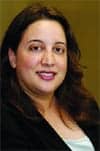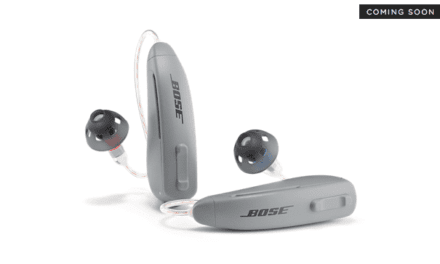
As the government pulls together to rebuild, helping the deaf and hard-of-hearing is a considerably more difficult challenge. How do these people—who are faced with basic living challenges on a daily basis—adequately communicate their needs to relief workers, emergency personnel, or other civilian authorities during situations of extraordinary duress? Education, preparation, and advocacy play instrumental roles in effective disaster preparedness. So does simply getting the word out. These recent disasters speak to the need for planning—the gathering of ready supplies of food, water, medication, and clothing. In addition, for the deaf and hard of hearing, planning might include establishing community support systems and installing relay systems. There is also a need for storing extra hearing aids, cell phones, monitors, and light sources—as well as the extra batteries and chargers to operate them.
This is an opportunity for hearing health care professionals to become advocates for their customers in a hearing world that is not always listening to the needs of the minority, thus raising both the profile of their own business, as well as the status of the hearing profession. The obvious path is to help educate patients, caregivers, and politicos of the special needs of the hearing challenged in extraordinary circumstances. Hearing professionals might also consider offering onsite literature on disaster planning, and/or emergency preparedness kits to their clients. In addition, encourage involvement of the hearing health care community by sending word to local, state, and federal officials by voting for extended civil defense and disaster planning committees.
There is no crystal ball that will predict when natural or manmade disasters will occur, but with some careful forethought and proper planning, their effects can, perhaps, be a bit less devastating.

Rogena Schuyler Silverman
[email protected]



